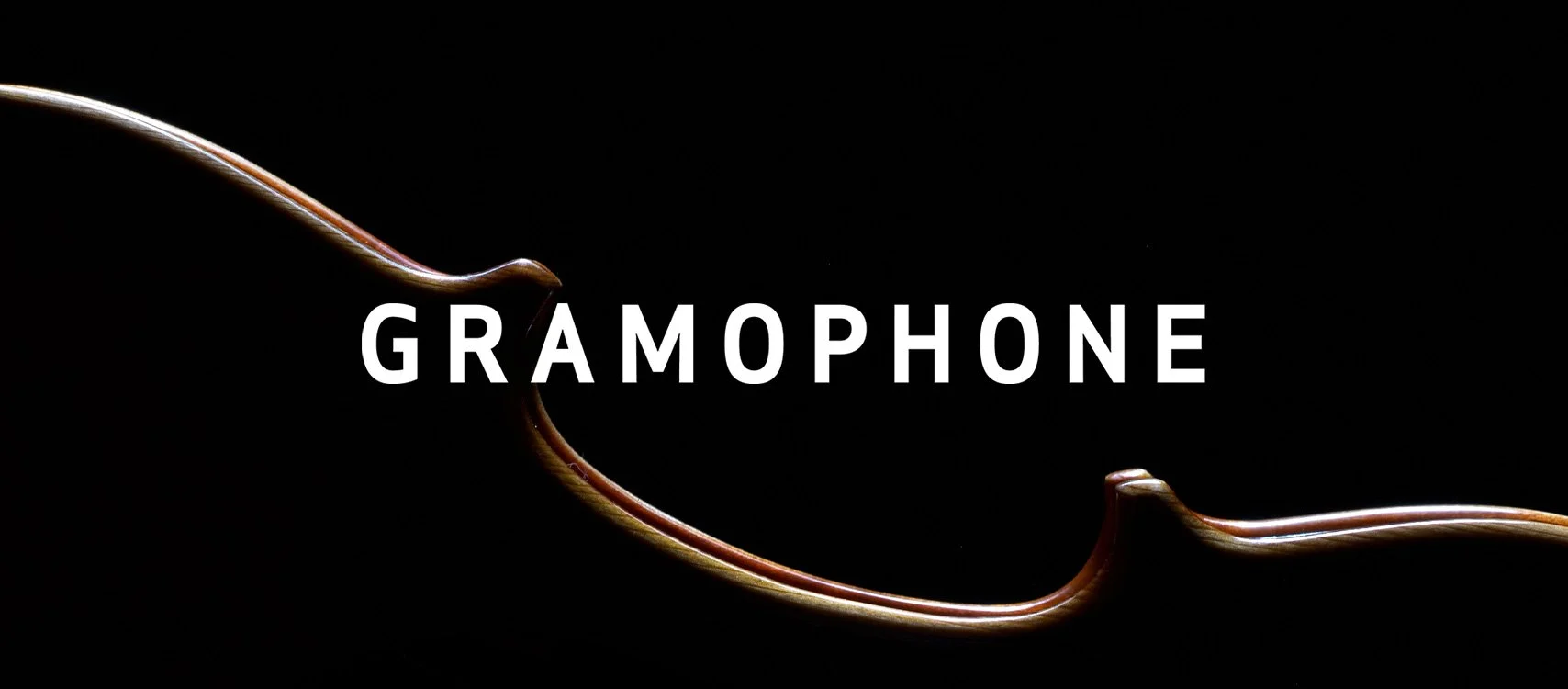ALBUM REVIEW
August 5, 2023
Gramophone: In A Grove Review
Thomas May from Gramophone reviews In A Grove. More info »
'Remembrance’s flawed roughness’ is how Christopher Cerrone describes the narrative ambiguity threaded through this hour-long chamber opera. Based on Ryūnosuke Akutagawa’s short story from 1922 (better known from another work it inspired, Akira Kurosawa’s groundbreaking 1950 film Rashomon), In a Grove in fact makes the act of narrating – and, with it, the alternately revelatory and deceptive work of memory – the main event.
The premiere staged by Pittsburgh Opera in 2022, which earned much acclaim, made effective use of moody visuals. (It can be viewed on YouTube.) But savvily deployed studio techniques – overdubbing, spatial differentiation and the like – ensure that this audio-only encounter with Cerrone’s spare but tellingly detailed score is an engrossing and complete experience, at times reminiscent of radio drama.
Stephanie Fleischmann’s libretto transfers the story from its originally ancient Japanese setting to a ghost forest in the mountains of the Pacific Northwest a century ago (the period when Akutagawa wrote his story). Four characters offer testimony after a body has been found in a remote grove. Three eyewitnesses to the actual slaying then offer contradictory confessions in which each claims responsibility for the death of this young man, Ambrose Raines: the Outlaw, Luther Harlow; the dead man’s widow, Leona; and Ambrose Raines himself, who uses a medium to give his version, from beyond, of what happened. Fleischmann emphasises the detective story/psychological thriller aspect of this framework by having the opera culminate with Ambrose’s disclosure of the secret he has taken with him to the grave.
Cerrone evokes the fragility of memory from the outset: the opening Prelude, an inchoate layer of electronic fog, suggests the erasure of the forest’s own past through wildfire and lingering smoke. The Metropolis Ensemble articulate his economical writing for nine players with vivid nuance; the composer himself controls the electronic part, which textures the soundscape and occasionally distorts the voices.
Eight roles are distributed among four singers. Their lines combine minimalist traits – insistently recurring motifs underscore the obsessive patterns of traumatic memory – with a kind of early music spareness: a greater distance from verismo would be hard to imagine. John Taylor Ward convincingly distinguishes between the matter-of-fact Woodcutter and the nihilist Luther; soprano Lindsay Kesselman delivers memorable portrayals of Leona and her angst-stricken mother. Cerrone’s vocal characterisation is most striking in the final scene’s duet between countertenor Chuanyuan Liu as the medium and tenor Andrew Turner, poignantly lyrical as the deceased Ambrose, as their voices join in two simultaneous versions of the same character. But in the opera’s dynamics, revelation denies resolution.


